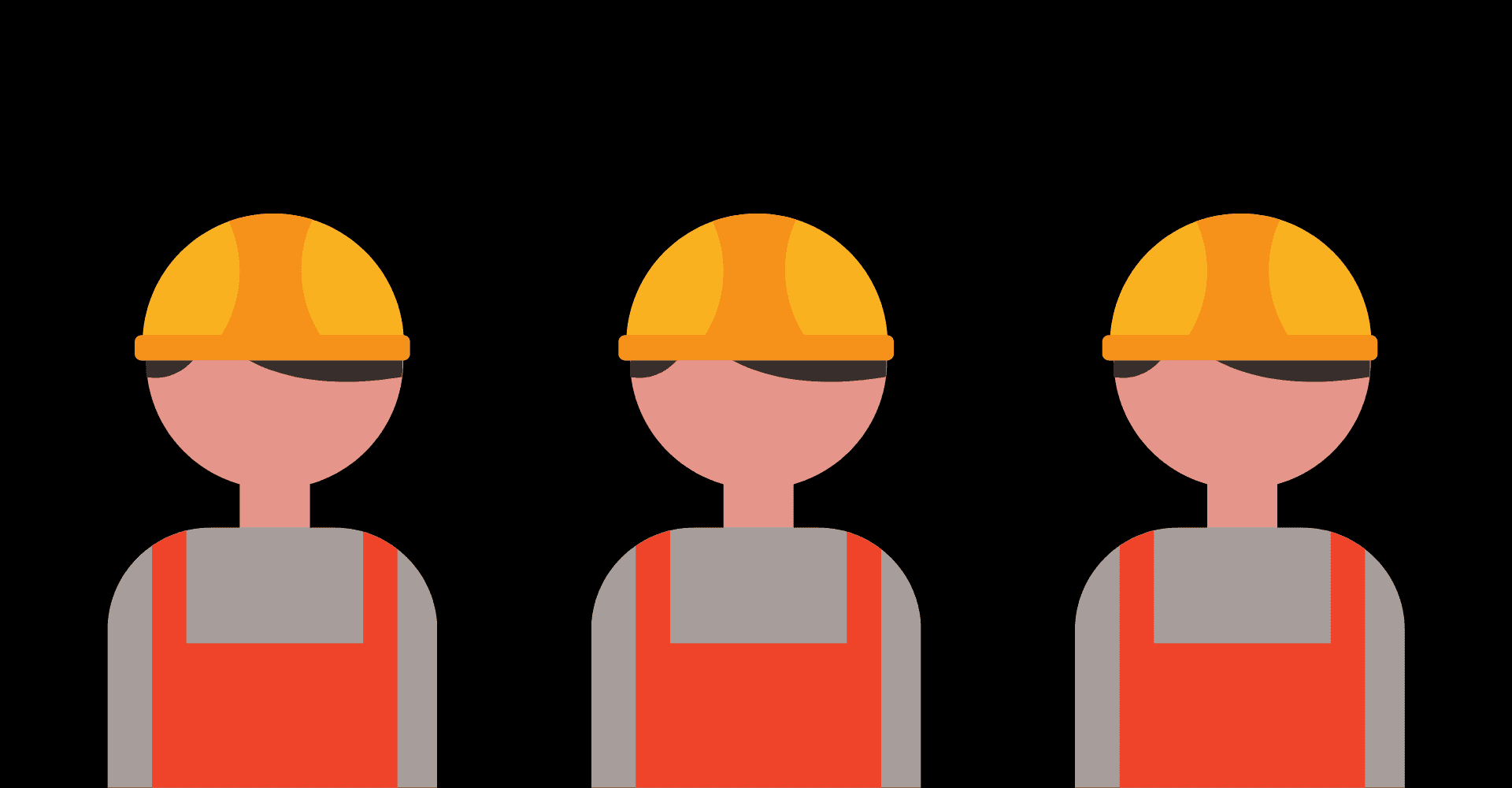Working in Skilled Trades with Autism: Real Challenges and Triumphs

In this episode of the Neurodivergent Mates Podcast, we dive deep into the story of Tom O'Connor, a talented tradesman and artist from Brisbane navigating the workforce as an autistic adult. Tom's journey is a powerful reminder that neurodivergent individuals can not only thrive but truly excel in trades and creative industries. Here, we explore his path, the challenges he faced, and the lessons he shares for others.
Embracing a Hands-On Career
From an early age, Tom found traditional schooling difficult. Like many autistic students, he struggled with essay-based assessments and large classroom environments. However, he discovered he excelled in hands-on subjects like science and workshop classes. This realisation led him to pursue a trade, where he completed an apprenticeship in cabinet making and shopfitting.
Tom's career has evolved into working at Urban Art Projects, where he now contributes to large-scale public art installations, including Indigenous art panels and sculptures. His move into metal casting and mould-making was unexpected but highlights how flexibility and on-the-job learning can open exciting new doors for autistic professionals.
The Impact of Late Diagnosis
Tom received his autism diagnosis at 26 after years of being misdiagnosed with depression and anxiety. For Tom, the diagnosis was life-changing. He realised that much of his "anxiety" was actually sensory overload and that "depression" often stemmed from autistic burnout.
Understanding his neurodivergence allowed Tom to manage sensory issues and energy levels better, helping him build a sustainable work life. His story is a common one, with many autistic adults not receiving proper diagnosis or support until adulthood. Tom's experience stresses the importance of seeking answers and advocating for oneself.
Thriving in Trades with Autism
The trades environment, often considered rough and ready, was surprisingly welcoming for Tom. He credits his success to his sense of humour and his ability to blend into workplace culture. Although trades historically had a macho reputation, Tom notes that attitudes toward neurodiversity and mental health have significantly improved.
In his current role, Tom's colleagues and supervisors value his contributions without viewing his autism as a liability. He believes that demonstrating competence and openly communicating with coworkers can foster a supportive environment for neurodivergent individuals in trades.
Managing Sensory Overload
Sensory overload is a daily reality for Tom, whether in crowded pubs, live music venues, or public transport. He shares strategies like wearing noise-cancelling headphones, taking breaks, and being self-aware about his limits.
Tom emphasises that managing sensory overload is key to maintaining mental wellbeing. He also highlights that sensory challenges are not failures—they are part of being neurodivergent and need to be recognised and accommodated.
Building Connection Through Neurodiversity
One of the most heartwarming parts of Tom's story is his discovery of a community. Once he began opening up about being autistic, he found that many friends and colleagues also identified as neurodivergent. This shared experience built deeper connections and a strong support network.
Neurodivergent people often naturally gravitate toward one another, creating communities where understanding, empathy, and acceptance flourish. Tom’s experience reflects the growing neurodiversity movement that values differences rather than viewing them as deficits.
The Challenges of Misdiagnosis
Tom's story also sheds light on how neurodivergent traits are often misunderstood. He discusses how he used alcohol in social settings to mask sensory overwhelm and anxiety—a coping strategy that, while common, can be harmful.
He also points out that misdiagnosing autism as depression or anxiety often delays the right support and intervention. Greater awareness among medical professionals and society at large is critical to reducing these misdiagnoses and ensuring neurodivergent individuals receive the care they need.
Advice for Young Neurodivergent Adults
Tom offers invaluable advice for young people navigating the transition into adulthood:
- Embrace who you are: Autism is not a defect. Your differences can be strengths.
- Pursue your passions: Find work that suits your learning style and interests.
- Be open where you feel safe: Talking about your neurodivergence can build strong support networks.
- Recognise burnout: Learn the early signs and prioritise self-care.
- Find your community: Connecting with other neurodivergent individuals can provide immense emotional support.
By following these principles, young neurodivergent adults can build careers and lives that celebrate their true selves.
Shifting Workplace Culture
Tom’s workplace experience shows that workplaces are slowly but surely becoming more inclusive. Mental health and neurodiversity conversations are happening more openly, especially among younger workers. Trades, often seen as rigid environments, are evolving to become more supportive spaces where skills and character are valued over conformity.
Tom highlights the importance of positive leadership—supervisors and coworkers who understand and accommodate different needs create workplaces where everyone can thrive.
Final Thoughts
Tom O'Connor’s story is a powerful example of what’s possible when neurodivergent individuals find environments that support their strengths. Working a trade with autism is not just possible—it can be fulfilling, creative, and transformative.
At Neurodivergent Mates Podcast, we believe stories like Tom's are vital for changing perceptions and inspiring others. Neurodivergent individuals bring unique talents to every field. By embracing difference, creating inclusive spaces, and fostering community, we can build a future where everyone has the opportunity to succeed.
To hear the full conversation, check out Episode 16 of the Neurodivergent Mates Podcast, available now on Spotify and major platforms.
Listen to our Podcast
Explore Neurodivergent Mates




Subscribe to our Newsletter!
Be the first to get exclusive offers and latest news